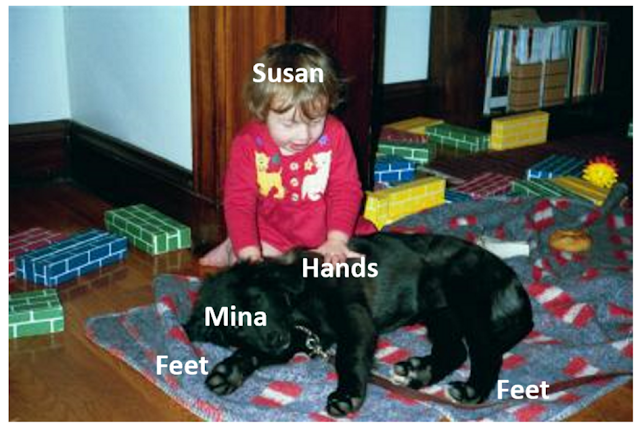Collaborate: The Art of We
"The outcome of a successful collaboration is something that did not exist before: the solution to a problem; new ideas; a new, higher level of products, services, or know-how. Collaboration is not a touchy-feely concept; it's very much a focused, structured process."
Sometimes in IT Services, we can get so heads-down in implementing a collaboration technology that it's easy to lose sight of the broader vision of what collaboration is all about. When we truly collaborate, We are creating SOMETHING NEW as a team and for our company.
http://www.amazon.com/Collaborate-The-Art-Dan-Sanker/dp/1118114728
What Collaboration Is and What It Isn't (excerpt)
Collaboration is one of the popular business buzzwords of the moment, and companies are jumping on the bandwagon. Are they falling short of real collaboration and its benefits?
Collaboration is defined as the synergistic relationship formed when two or more entities working together produce something much greater than the sum of their individual abilities and contributions.
Effective collaboration can produce better-quality projects, make more efficient teams, create healthier environments, greatly increase productivity, and enable more growth in organizations than ever could have existed before the concentrated emphasis was placed on collaboration. The business that quickly adopts a culture of collaboration will emerge stronger and more profitable than its counterparts that try to delay implementation of the collaboration required by the new knowledge-based economy.
As Michael Schrage puts it in his book Shared Minds: ". . . collaboration is the process of shared creation: two or more individuals with complementary skills interacting to create a shared understanding that none had previously possessed or could have come to on their own." In a collaboration, multiple parties with complementary skills share knowledge, talents, skills, information, risks, and resources to achieve a mutual goal that they could not have achieved separately.
The outcome of a successful collaboration is something that did not exist before: the solution to a problem; new ideas; a new, higher level of products, services, or know-how. Collaboration is not a touchy-feely concept; it's very much a focused, structured process.
To understand and master the power of collaboration, we need to be able to distinguish it from other, seemingly related forms of working with other people. Collaboration is more than simply sharing resources. We work with other people, but we do not collaborate when we simply post information about an upcoming visit by a prominent guest speaker, coordinate our activities with another agency to increase public awareness of a certain issue, or fund a university initiative for a river cleanup.
Although networking, coordination, and cooperation—which all can be defined as different levels of resource sharing—offer certain benefits to at least one of the involved parties, each of them lacks one or more of the essential components of collaboration.

Comments